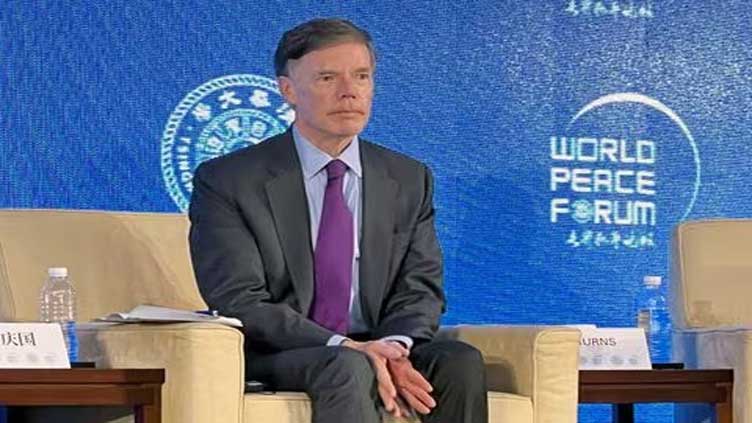US-China science pact renewal

World
US-China science pact renewal
WASHINGTON (Reuters) - US Ambassador to China Nicholas Burns said on Friday he had started talks with Beijing on renewing a landmark scientific cooperation agreement, and while the deal needed to be modernized, prospects for a new one were uncertain.
Controversy over the renewal of the US-China Science and Technology Agreement (STA) - the first accord between the two countries signed in 1979 after the official establishment of diplomatic ties - has grown amid US accusations of China's theft of US scientific and commercial achievements.
The US State Department in August sought a six-month extension to the pact that was set to expire that month to negotiate strengthened provisions with Beijing, which has eagerly expressed its desire for renewal.
Burns told an audience at Washington's Brookings Institution that the agreement was the "bedrock" of US-China cooperation, but it did not account for advances such as artificial intelligence, biotechnology, machine learning and quantum mathematics.
"I met with the new (Chinese) minister of science and technology just a couple of weeks ago in Beijing and we are beginning a discussion with them on whether or not to extend it, to have a new agreement, and what would be the issues involved, and I think it's complicated," Burns said.
"We put down our expectations that it had to be modernized, that it's not a given that we're going to agree. I think that both sides agree on that," he said, adding that negotiations would proceed over the "next couple of months."
US proponents of renewing the deal argue that without it the US would lose valuable insight into China's technological advances.
However, some Republicans in the US Congress have said it should be scrapped, citing concerns about industrial espionage, forced technology transfers and other tactics that could fuel China's military modernization.
Many analysts say at the very least the agreement must be reworked to safeguard US innovation in a time of heightened strategic competition with China.
US President Joe Biden and China's leader Xi Jinping agreed at a summit in San Francisco in November to step up communication between their two governments after diplomatic relations sank to their lowest point earlier in the year, but the countries remain geopolitical rivals.


